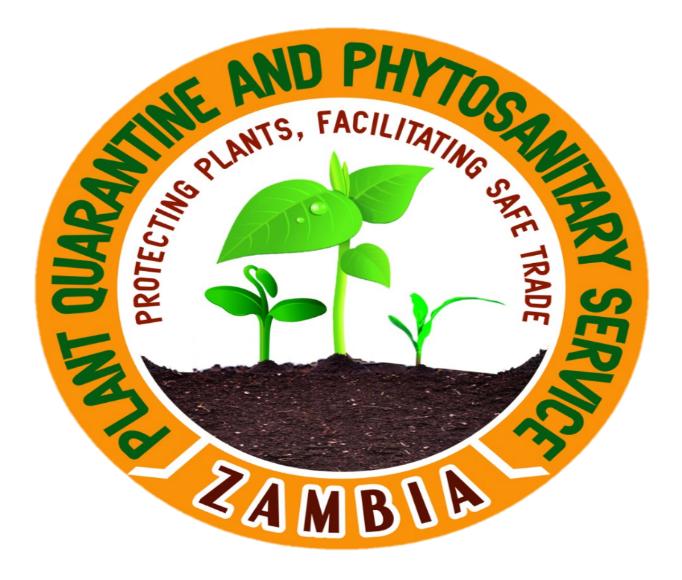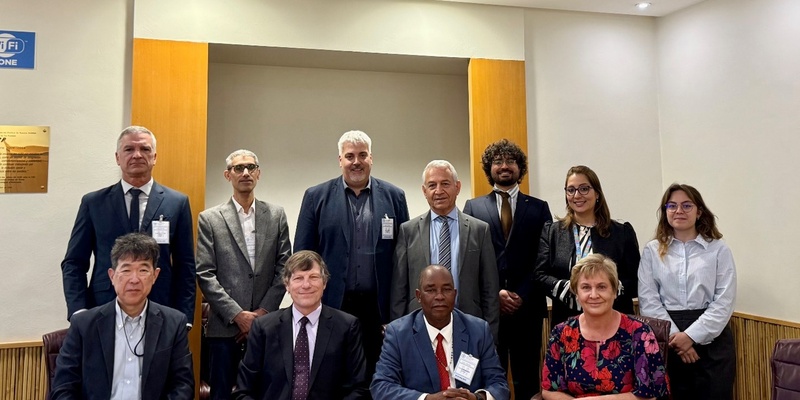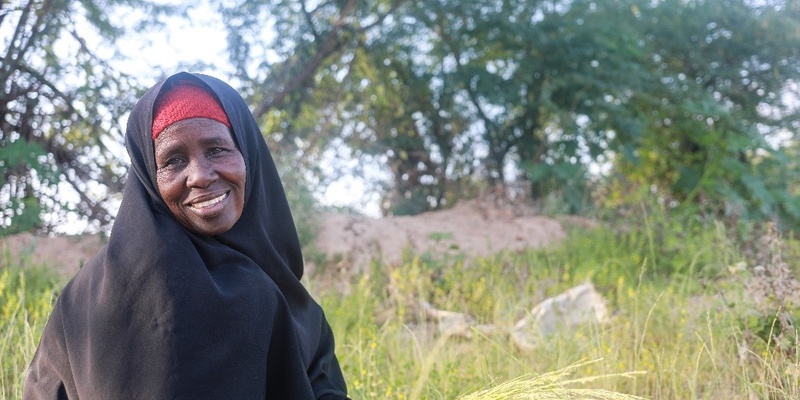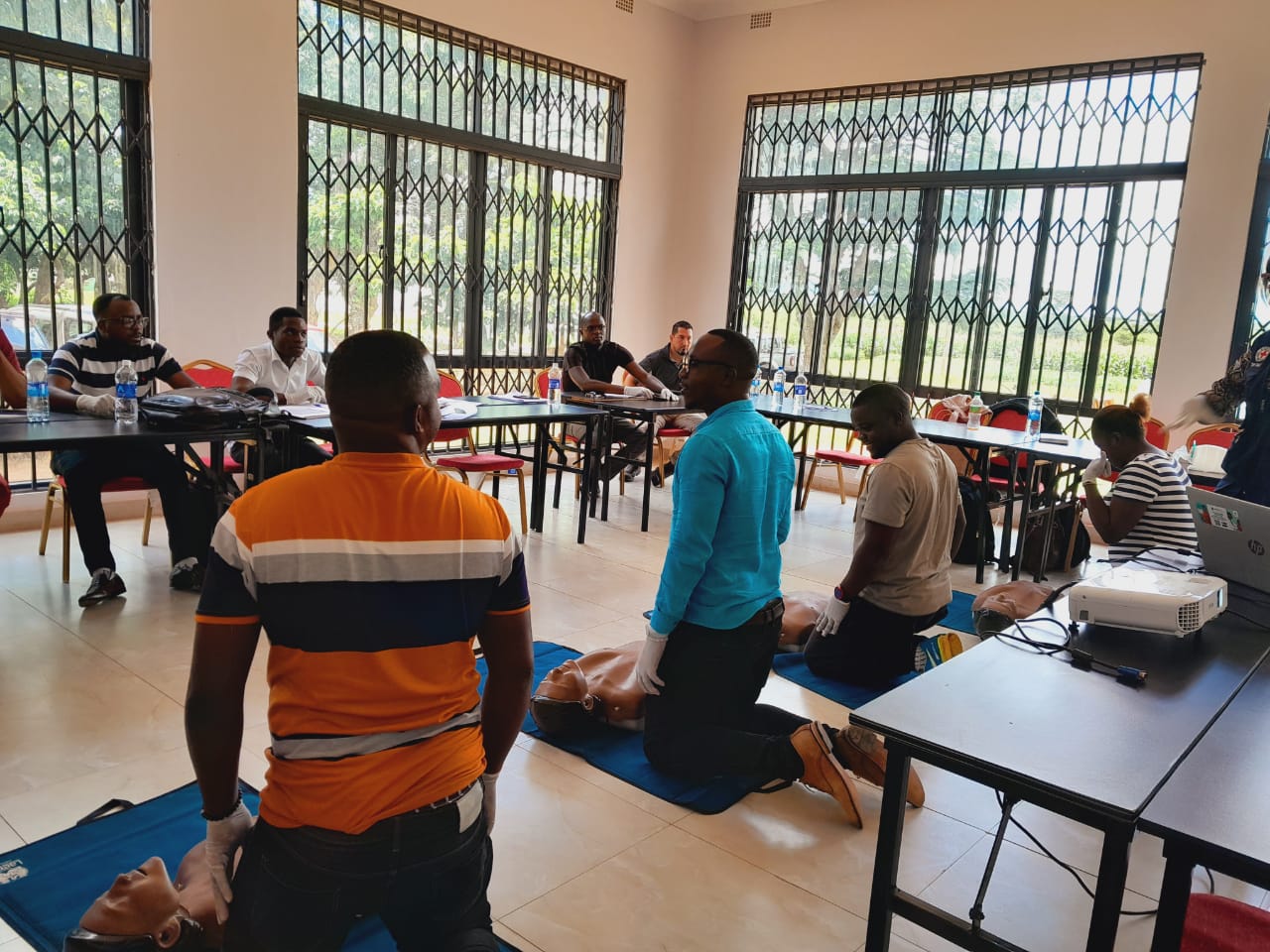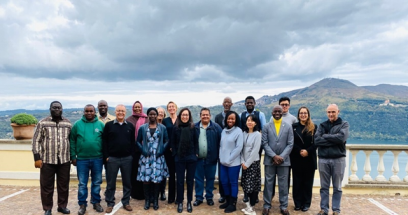The Standards Committee working group moves forward with two key phytosanitary standards
Rome, 21 May 2025. The Standards Committee working group (SC-7) of the International Plant Protection Convention (IPPC) concluded its four-day meeting this week at FAO HQ, advancing two important draft International Standards for Phytosanitary Measures (ISPMs) to the next stage of development, representing a significant step forward in global efforts to protect plant health and facilitate safe trade. The draft annex to ISPM 23 on field inspection aims to strengthen the capacity of National Plant Protection Organizations (NPPOs) to clarify the objectives and requirements of field inspections, a foundational procedure to verify conformity with phytosanitary import requirements. “This annex provides practical, technical guidance to support NPPOs in conducting field inspections,” said Masahiro Sai, steward of the draft. “It will enhance transparency and consistency in the implementation of field inspections.” The draft revision of ISPM 26 focusses on the establishment and maintenance of pest free areas for fruit flies (Tephritidae). Fruit flies pose a major threat to global fruit production and trade. The revised standard incorporates the latest scientific research and IPPC contracting parties’ feedback to improve its clarity and applicability. “Maintaining pest free areas for fruit flies is critical for market access,” said Joanne Wilson, the steward for this draft ISPM. “The changes reflect lessons learned from implementation and aim to make the standard more accessible and effective for NPPOs around the world.” While progress was made on two draft standards, the SC-7 agreed to pause further advancement of the draft annex to ISPM 38, on the design and use of systems approaches for the phytosanitary certification of seeds, pending discussion at the Standards Committee meeting in November. The two approved drafts will now undergo a second round of consultation, during which IPPC contracting parties will have the opportunity to provide feedback. The draft standards will be made available on the IPPC website on 1st July 2025 (link).
